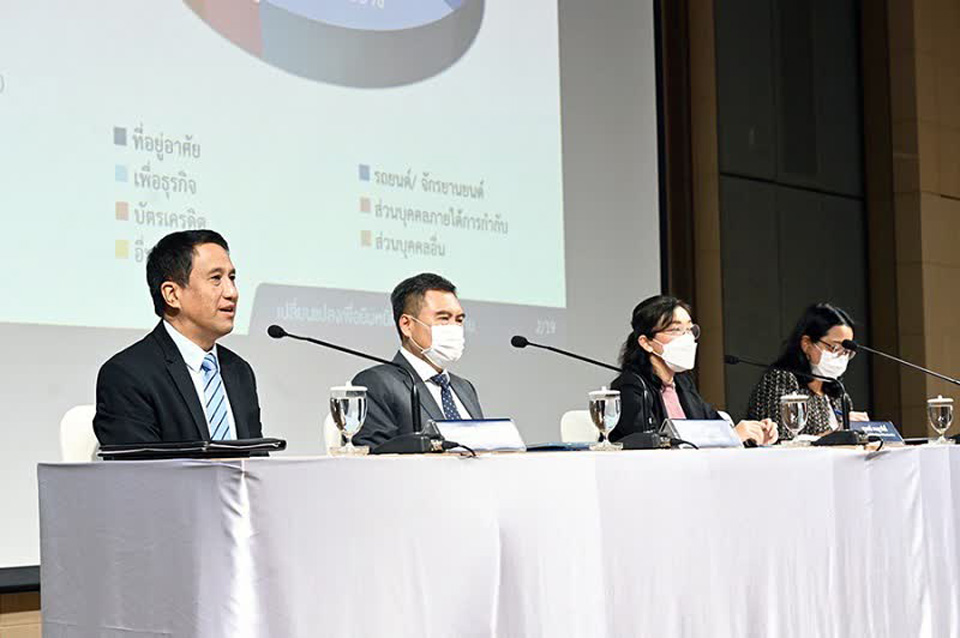
The Bank of Thailand (BoT) has said it is holding a new debt mediation event to help vulnerable borrowers and ease Thailand’s household debt.
BoT Deputy Governor Ronadol Numnonda stated that the central bank, in collaboration with the Ministry of Finance and organizations from the public and private sectors, will organize an online debt mediation event from September 26 to November 20. The mediation will cover seven types of retail loan products: credit cards and personal loans; auto loans; bad loans under asset management companies (AMCs); car title loans; motorcycle loans; nano-financing; and all loan products from specialized financial institutions (SFIs).
According to BoT reports, Thailand’s household debt stood at 14.6 trillion baht. The impact of the Covid-19 pandemic has pushed household debt to exceed 90% of Thai gross domestic product (GDP), reducing consumer spending power and slowing economic growth.
The deputy governor advised debtors to attend the event to explore ways to improve their financial situation with their financial institutions. The central bank will also assist viable but vulnerable borrowers with debt restructuring to alleviate the country’s increasing household debt.
In addition, the central bank extended its long-term debt restructuring program to the end of 2023. The agency is also planning to introduce responsible lending criteria this year after introducing a responsible lending framework to reduce the country’s household debt. (NNT)

 |
 |
 |





